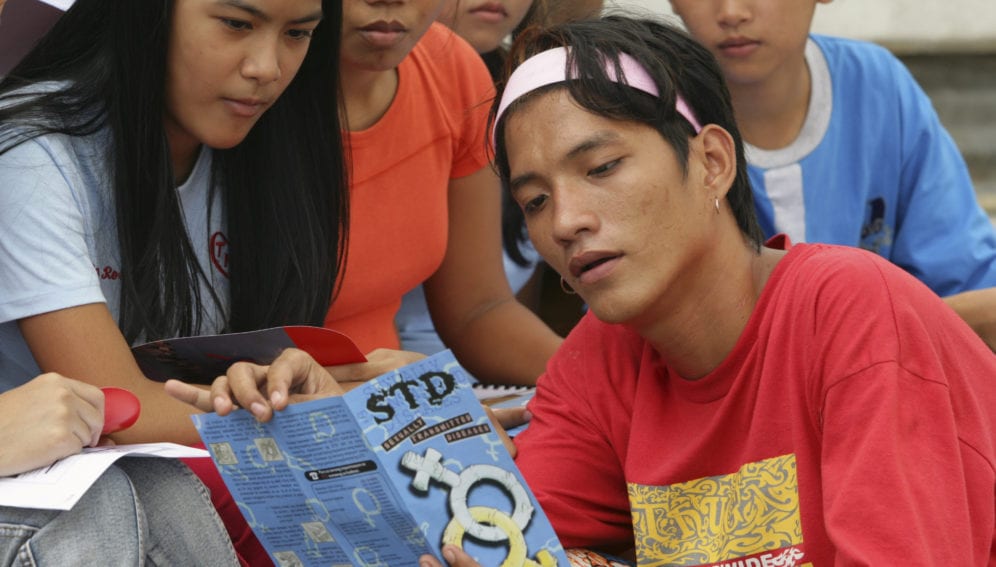Send to a friend
The details you provide on this page will not be used to send unsolicited email, and will not be sold to a 3rd party. See privacy policy.
Healthcare providers, pharmaceutical companies and other service providers in the health industry can benefit from citizen input to improve their services and adjust these to the needs of patients.
Even more interestingly, during the session I attended on 25 August at the Global Forum on Research and Innovation for Heath 2015 in Manila, several representatives from various organisations explained how citizen engagement can also enhance accountability.
World Vision Indonesia created the Citizen Voice and Action programme to improve services such as healthcare and education that impact the daily lives of children and their families.
A village facilitator, with a minimum junior high school education level, is selected by villagers to bridge their community and the government. This has resulted in increased budget allocation for district health insurance and additional health workers and midwives for the community health centre and the availability of an ambulance.
Says campaign director Asteria Taruliasi Aritonang, “The challenge now is to grow the programme and make it available on a national level.”
Similarly, understanding the value of citizen engagement, Danish company Novo Nordisk, which develops medicines for diabetes, is a participant in the ongoing Diabetes Wishes and Needs (DAWN) study. The study includes more than 15,000 people in 17 countries and aims to understand the problems of diabetic patients and find possible solutions.
DAWN research findings indicated that 60 per cent of diabetes patients feared hypoglycaemia and its effects on their bodies. For Novo Nordisk, this finding led to the development of a new medicine that reduces the risk of low blood sugar — a clear example of how engaging patients can influence health governance.
In another example, the South East Asia Community Observatory (SEACO) created a programme to teach community members on village levels in Malaysia how to produce documentary films focusing on health issues and highlighting health-related lessons.
In business settings, learning customer wants, needs, problems and concerns is an important tool to improve product and services. I believe the same applies to healthcare services, and citizen-based programmes are a testament to the importance and effectiveness of facilitating citizen engagement to influence health policy formulations and outcomes.
This article has been produced by SciDev.Net's South-East Asia & Pacific desk.














